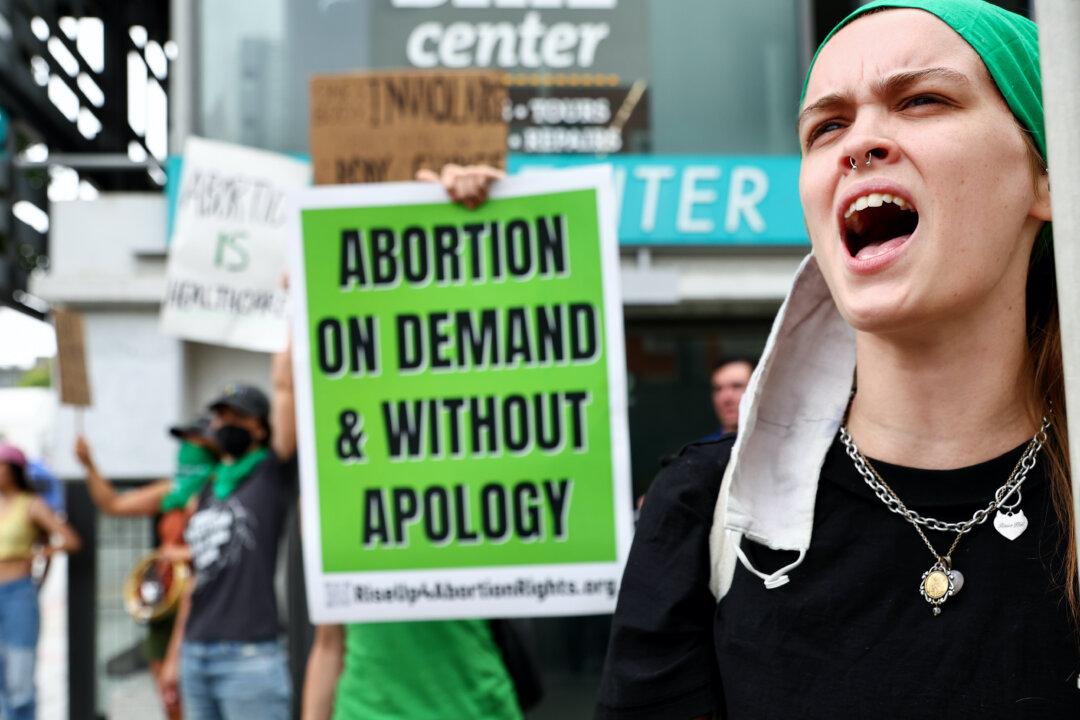Commentary
The timing—two weekends before the midterm elections—was just about perfect for the release of “Call Jane,” the movie about an underground network that helped pregnant women get illegal abortions during the years before Roe v. Wade.

The timing—two weekends before the midterm elections—was just about perfect for the release of “Call Jane,” the movie about an underground network that helped pregnant women get illegal abortions during the years before Roe v. Wade.